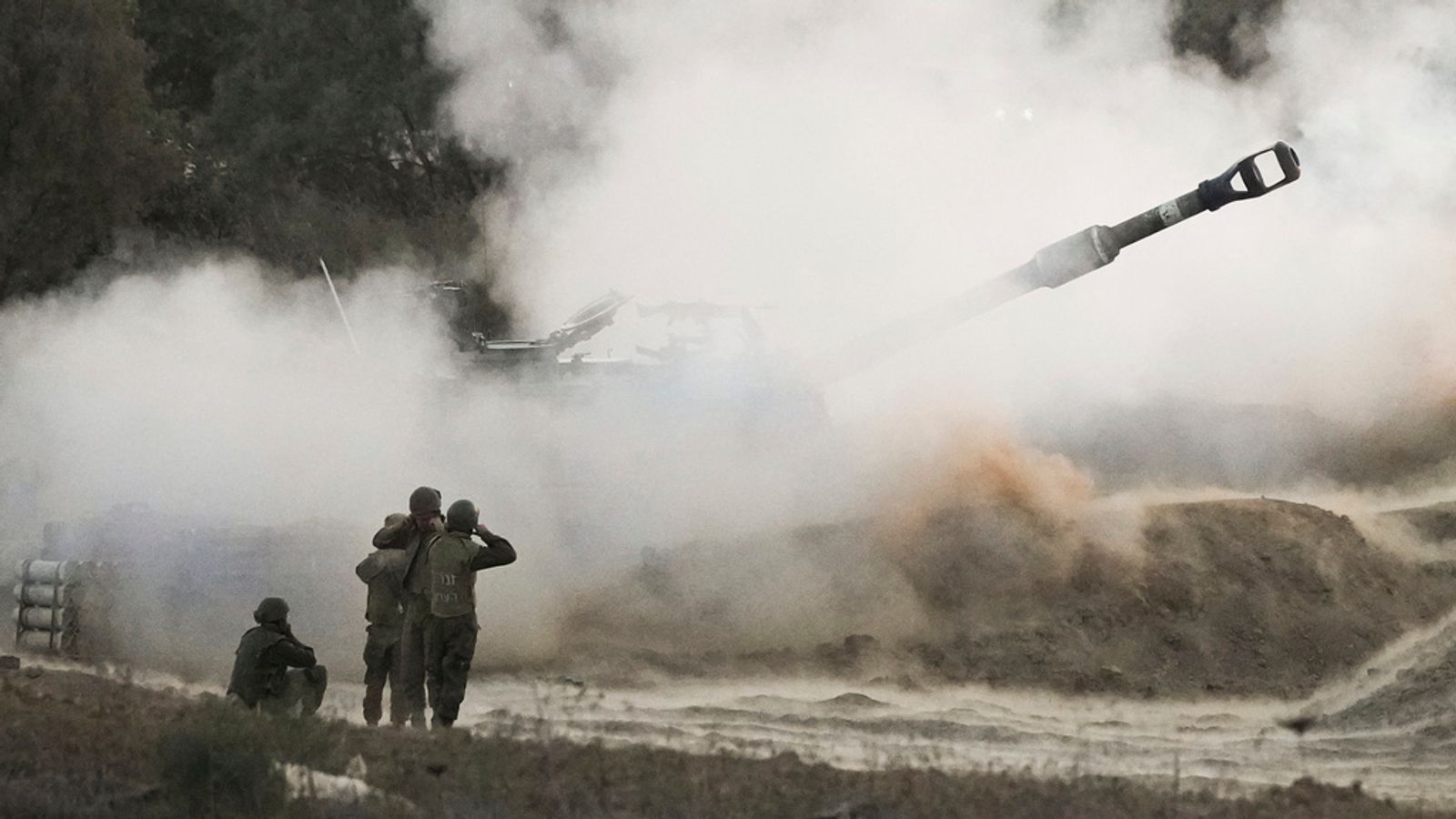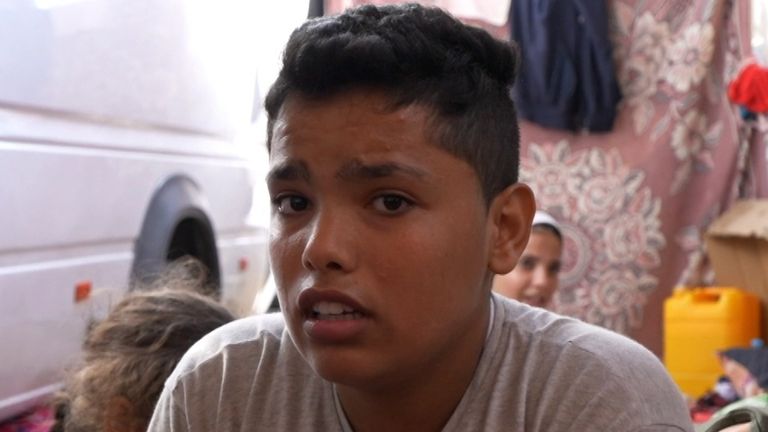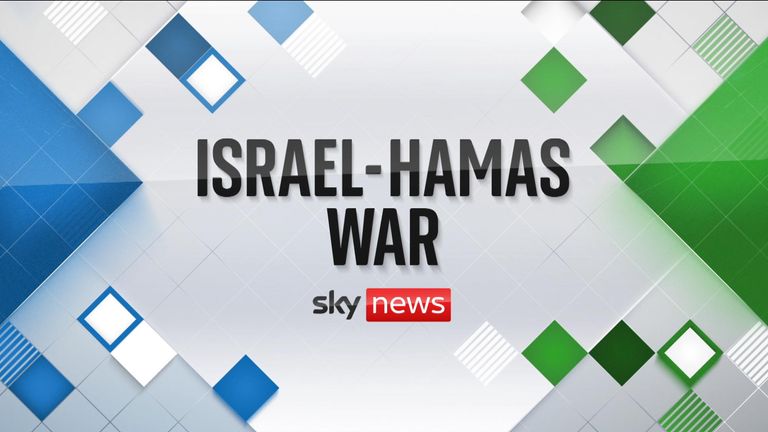With Israel’s darkest hour falling on his watch, the Israeli prime minister knows that he must show strength and purpose in his war with Hamas, but every choice he faces is filled with peril.
Benjamin Netanyahu made a televised address to the nation on Wednesday night, vowing to “destroy” the Hamas militant group based in Gaza that rampaged through southern Israel on 7 October, killing and kidnapping civilians. He said Hamas was “doomed”.
He said his other main goal was to ensure the return of more than 200 hostages, including children, who are still being held in the Palestinian enclave.
Israel-Gaza latest: Hamas militants ‘doomed’, Israeli PM says in TV address
But these are not gifts the embattled prime minister can guarantee to deliver – and confidence in his leadership has already been significantly knocked because of the failure by his security services to prevent the Hamas attack from happening in the first place.
A range of factors is complicating Mr Netanyahu’s war plans.
Israel faces mounting international pressure to stop an aerial bombardment of Hamas targets in Gaza that has left thousands of civilians, also living in the territory, dead – and that is before a planned ground invasion is even launched.
The prime minister has now said a ground assault is coming.
But enemies in the region, led by Iran, have warned such a move would trigger a retaliation that could escalate the Israel-Hamas crisis into a regional war.
The fate of the hostages, who include foreigners, will also be playing into the military calculations.
A major diplomatic effort is under way to try to secure the release of the captives from Hamas.
Any move by Israel to send in ground forces would put the hostages at even greater risk of harm unless they can successfully be rescued by force.
It means countries whose citizens are among those held captive, including the US and France, will be acutely aware of the need to try to allow negotiations to resolve the hostage standoff before the ground war starts.
Read more:
Hostage negotiations ‘could be jeopardised by ground attack’
Hezbollah and Hamas leaders meet in Beirut
In addition, Hamas will have anticipated an Israeli invasion in response to the militant group’s brutal rampage nearly three weeks ago. They will doubtless have been preparing.
Overshadowing all of these considerations though is the reality that Israel has defined its victory against Hamas as the total destruction of the group – something it has said will require ground troops to enter Gaza.
Thousands of Israeli forces have been massing for days close to the border with Gaza, ready to move when the order comes.
Commanders cannot keep that number of troops at such a high level of readiness for an indefinite length of time without seeing their fighting capabilities erode.
That means it is more likely than not that the ground assault will happen imminently, despite the dangers.



